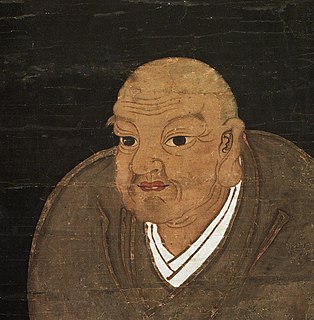A Quote by C. S. Lewis
Those who are enjoying something, or suffering something, together, are companions. Those who enjoy or suffer one another, are not.
Related Quotes
It brings spiritual warfare and suffering for the priest as he identifies with those who suffer, and shares the frustrations, anger, and incomprehensibility of that suffering in what it does to those who suffer. The priest shares in these struggles of his suffering people, the uncertainties it brings, the sense of divine abandonment it induces, and the loneliness caused.
About one month before he was killed, when asked by David Frost how his obituary should read: Something about the fact that I made some contribution to either my country, or those who were less well off. I think back to what Camus wrote about the fact that perhaps this world is a world in which children suffer, but we can lessen the number of suffering children, and if you do not do this, then who will do this? I'd like to feel that I'd done something to lessen that suffering.
A group of amazingly high achievers can be brought together and play together, and all believe that they are competing for something bigger than themselves. Those players are so used to being patted on the back and told how good they are. Frankly, those are usually the hardest people to remind that they are aspiring to achieve something bigger than themselves.
I can write a song and a thousand people could hear it and there will be countless different reasons why those people get something out of that song. But they're all there for the same reason, which is to enjoy music and to let it help dissolve those problems or those rough days or to give a reason to keep putting the boots on. So to see ideas come to fruition and for someone to get something out of it is a beautiful thing.
Suffering, if you're a Christian, suffering is a part of life. And it's not a bad thing, it is an essential thing in life... There are all different ways to suffer. One way to suffer is through lack of food and shelter and there's another way to suffer which is lack of dignity and hope and there's all sorts of ways that people suffer and it's not just tangible, it's also intangible and we have to consider both.
Evil is neither suffering nor sin; it is both at the same time, it is something common to them both. For they are linked together; sin makes us suffer and suffering makes us evil, and this indissoluble complex of suffering and sin is the evil in which we are submerged against our will, and to our horror.



































